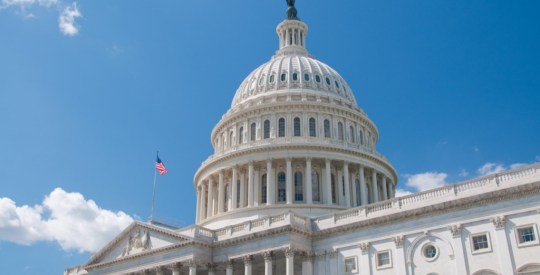December’s early results show that consumers are very confident after President-elect Donald Trump’s surprising win.
The index of consumer sentiment increased yet again from 93.8 in November and 92.6 last year to 98 at the beginning of December, according to the Survey of Consumers conducted by the University of Michigan. That is an increase of 4.5% from last month and 5.8% from last year.
An article by Jill Mislinski for Advisor Perspectives explains what this means historically:
The Michigan average since its inception is 85.4. During non-recessionary years the average is 87.6. The average during the five recessions is 69.3.
“Consumer confidence surged in early December to just one-tenth of an Index point below the 2015 peak—which was the highest level since the start of 2004,” said Richard Curtain, Survey of Consumers chief economist. “The surge was largely due to consumers’ initial reactions to Trump’s surprise victory.”
“When asked what news they had heard of recent economic developments, more consumers spontaneously mentioned the expected positive impact of new economic policies than ever before recorded in the long history of the surveys,” Curtin said. “To be sure, an equal number volunteered negative judgments about prospective economic policies, but the frequency of those negative references was less than half its prior peak levels whereas positive references were about twice its prior peak.”
Within the index, current economic conditions increased 4.5% from last month’s 107.3 and 3.7% from last year’s 108.1 to 112.1 at the beginning of December.
“There were a few exceptions to the early December surge in optimism, mainly among those with a college degree and among residents of the Northeast, although no group has adopted a pessimistic outlook for the economy,” Curtin said. “The most important implication of the increase in optimism is that it has raised expectations for the performance of the economy.”
The index of consumer expectations increased 4.3% from last month’s 85.2 and 7.5% from last year’s 82.7 to 88.9 at the beginning of December.
So what does that mean for the Trump administration as it looks to take over in January? Curtin explains.
“President-elect Trump must provide early evidence of positive economic growth as well as act to keep positive consumer expectations aligned with performance,” he said. “Either too slow growth or too high expectations represent barriers to maintaining high levels of consumer confidence.”
Curtain concluded that until specific policies are proposed, there is no reason to alter the 2017 forecast of 2.5% for real consumption.





